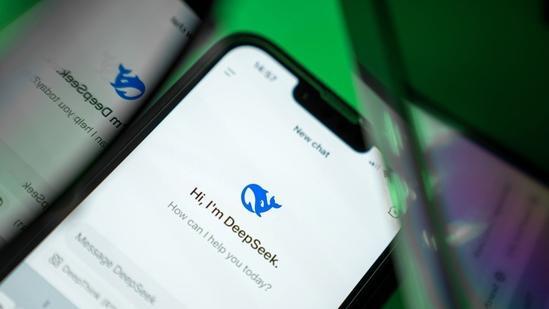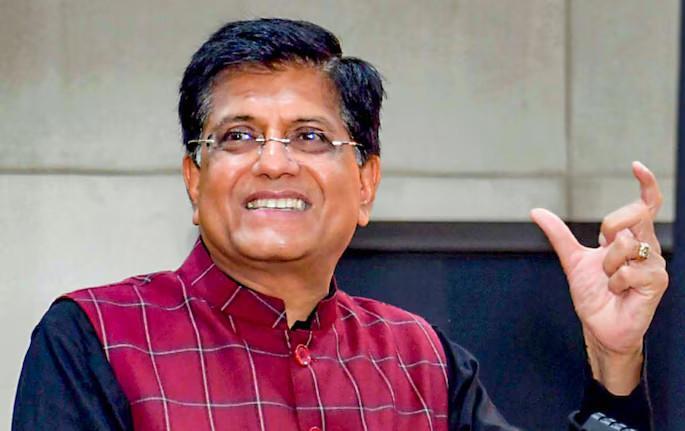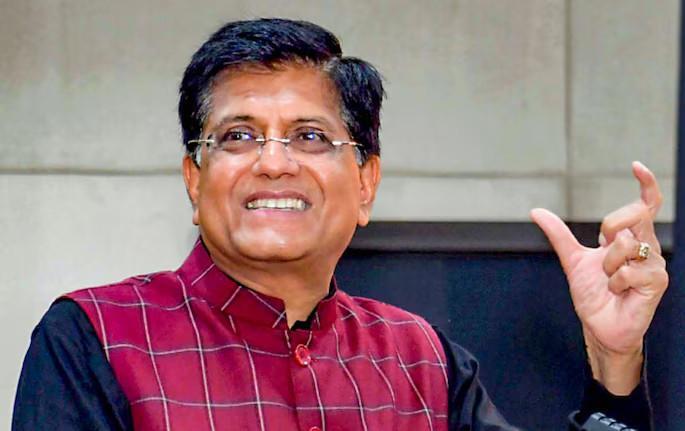
Deepseek Forces Employees to Surrender Passports: Report
In a move that has raised eyebrows in the tech industry, Chinese AI firm Deepseek has reportedly restricted employee travel, requiring key staff to surrender their passports over concerns about AI security. This development comes on the heels of the success of its ‘R1’ AI model, amid fears of foreign tech acquisitions. The move is not only a testament to the increasing importance of AI in modern technology but also reflects the escalating geopolitical tensions in the field.
According to reports, Deepseek has implemented strict travel restrictions, limiting employee travel to countries that are considered allies of the US. This includes countries such as Japan, South Korea, and Australia. The move is seen as a response to the growing concerns about the potential risks posed by foreign technology acquisitions. With the increasing importance of AI in modern technology, the risk of sensitive information being compromised is a growing concern for many countries.
Deepseek’s decision to restrict employee travel is not only limited to its key staff members. The company has also implemented strict security protocols, including biometric identification, to ensure that only authorized personnel have access to its facilities. This move is seen as a response to the growing concerns about the potential risks posed by foreign technology acquisitions.
The decision by Deepseek to restrict employee travel is not the only move by a Chinese company to address AI security concerns. Other Chinese companies, such as Alibaba and Tencent, have also implemented similar measures to ensure the security of their AI systems. This move is seen as a response to the growing concerns about the potential risks posed by foreign technology acquisitions.
The restrictions on employee travel by Deepseek are not limited to its key staff members. The company has also implemented strict security protocols, including biometric identification, to ensure that only authorized personnel have access to its facilities. This move is seen as a response to the growing concerns about the potential risks posed by foreign technology acquisitions.
The decision by Deepseek to restrict employee travel is not only a response to the growing concerns about AI security but also reflects the escalating geopolitical tensions in the field. The US has been increasingly keen to limit the spread of Chinese technology, citing concerns about the potential risks posed by foreign technology acquisitions. This move is seen as a response to the growing concerns about the potential risks posed by foreign technology acquisitions.
The restrictions on employee travel by Deepseek are not limited to its key staff members. The company has also implemented strict security protocols, including biometric identification, to ensure that only authorized personnel have access to its facilities. This move is seen as a response to the growing concerns about the potential risks posed by foreign technology acquisitions.
The decision by Deepseek to restrict employee travel is not only a response to the growing concerns about AI security but also reflects the escalating geopolitical tensions in the field. The US has been increasingly keen to limit the spread of Chinese technology, citing concerns about the potential risks posed by foreign technology acquisitions. This move is seen as a response to the growing concerns about the potential risks posed by foreign technology acquisitions.
In conclusion, the decision by Deepseek to restrict employee travel is a significant development in the field of AI. The move reflects the growing concerns about AI security and the escalating geopolitical tensions in the field. As the importance of AI in modern technology continues to grow, it is likely that we will see more companies implementing similar measures to ensure the security of their AI systems.
Source:
https://ascendants.in/globally-trending/deepseek-restricts-employee-travel-ai-security/






